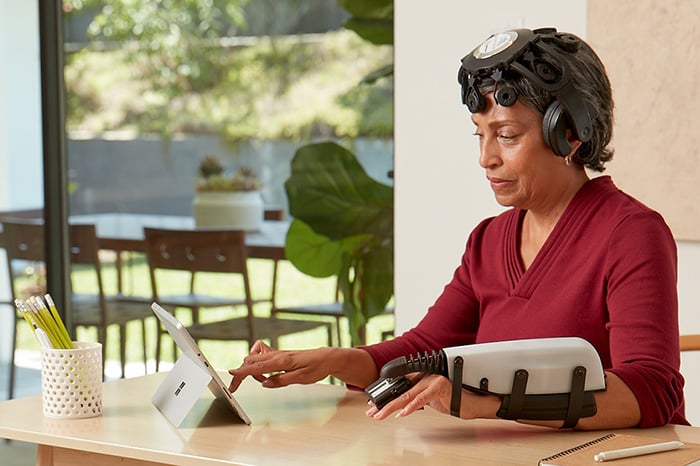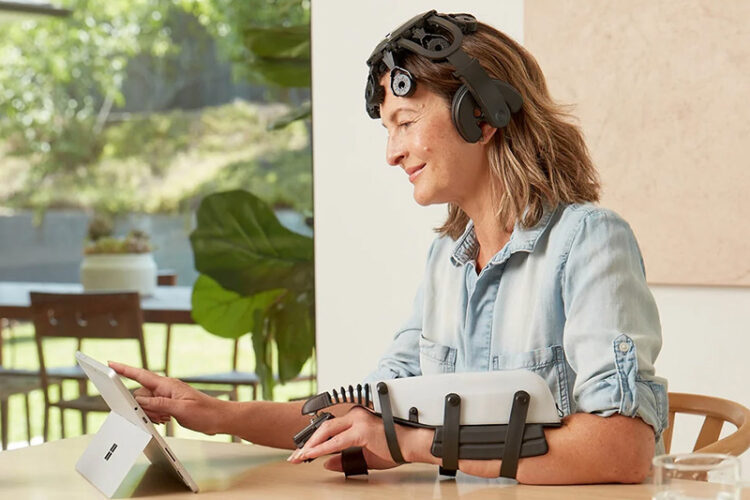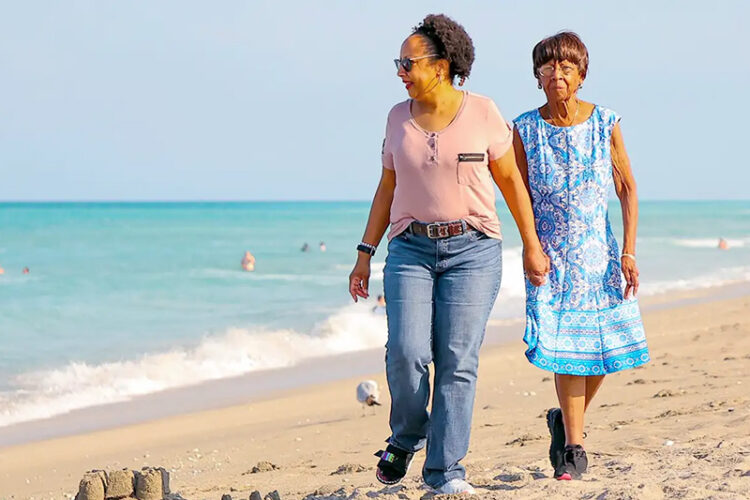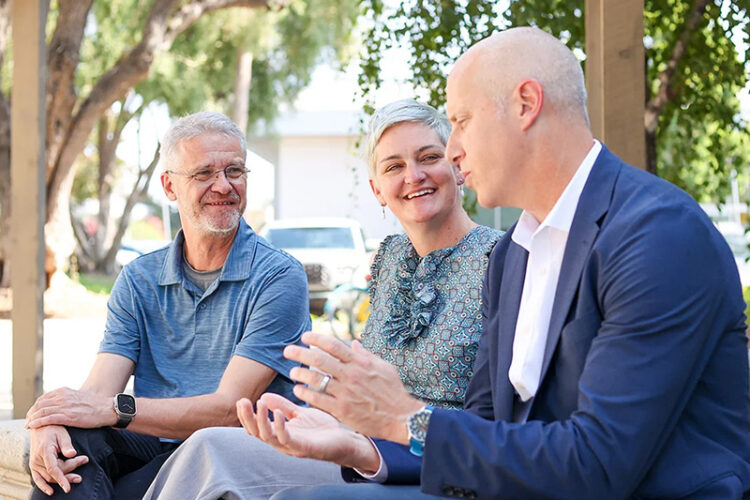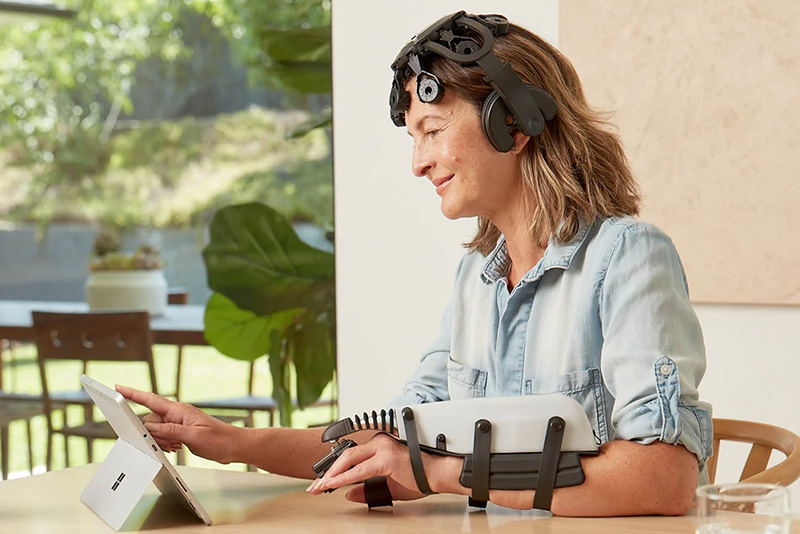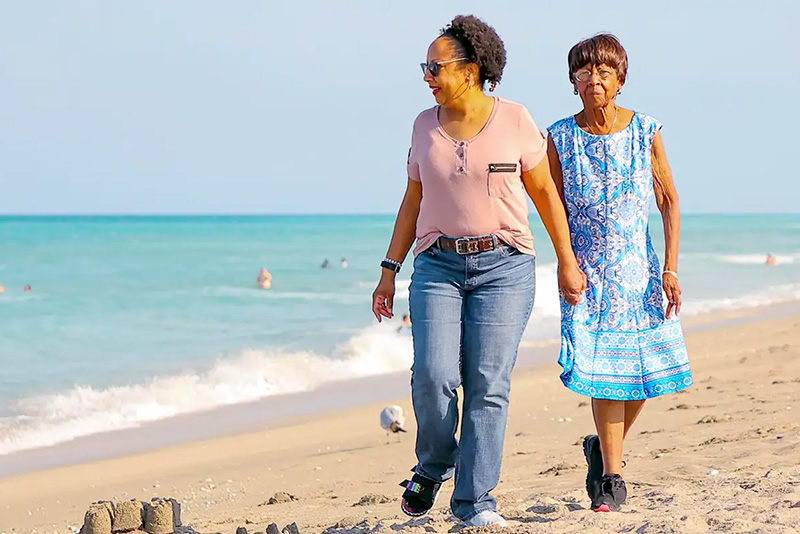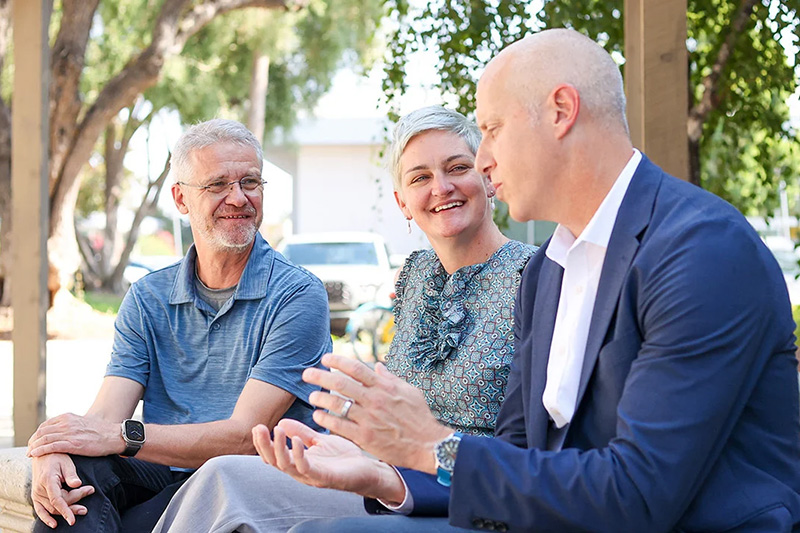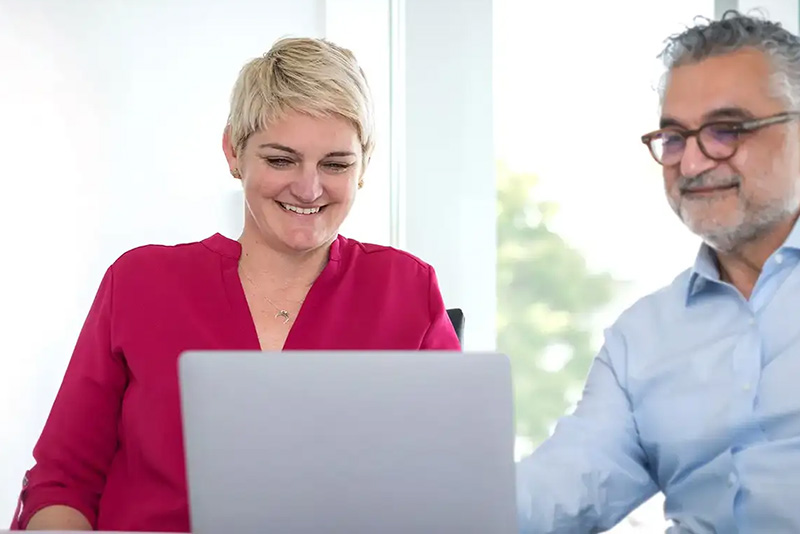Kandu Health and Neurolutions Merge to Form Kandu, Inc., a New Leader in Stroke Recovery
Kandu, Inc. Announces $30 Million Financing to Advance Stroke Recovery and Rehabilitation
Van Nuys, CA – [April 8, 2025] – Kandu Health, Inc. and Neurolutions, Inc. today announced that they have merged to form Kandu, Inc. The company will set a new standard of care for stroke recovery, accessible to patients and caregivers at home, with a first-in-kind end-to-end solution for stroke survivors, combining brain computer interface (BCI) technology with personalized telehealth services.
As part of the merger, Kandu Inc. completed the first close of a $30 million financing, which was co-led by Ally Bridge Group and AMED Ventures, with participation from other existing investors. Kandu will use proceeds from the financing to support ongoing commercialization and continued execution of its mission to set a new standard of care for stroke recovery that is accessible to patients at home.
“We are excited to bring together Neurolutions’ medical device expertise with the AI-supported digital health solutions of Kandu Health,” said Leo Petrossian, CEO of Neurolutions, who will lead the newly formed Kandu, Inc. as its CEO. “This merger positions Kandu, Inc. as a leader in the stroke recovery space and allows us to offer a seamless continuum of care, from the immediate post-acute phase through chronic rehabilitation and recovery. Kandu, Inc. is now able to offer a truly integrated care experience that aligns with the needs of stroke survivors, healthcare providers, and caregivers.”
Kandu Health, founded in 2022, is a tech-enabled healthcare services company changing the course of stroke recovery. Neurolutions, founded in 2007, is the leader in the use of non-invasive BCI technology for post-stroke therapy.
Expanding the Stroke Care Continuum
Kandu provides remote, multidisciplinary support to stroke survivors and care partners in outpatient settings through a team of licensed clinicians and an easy-to-use app. Neurolutions’ IpsiHand® System is the only noninvasive FDA-cleared breakthrough device that accelerates motor recovery of the affected upper limb after chronic stroke.
By combining the infrastructure and technology of the two companies, Kandu, Inc. is uniquely positioned to provide a breadth of services that have historically been unavailable or inaccessible to stroke survivors: telehealth rehabilitation, therapy monitoring, education, caregiver support, advocacy and navigation. These services empower stroke survivors and their families while enabling healthcare providers and payers to more effectively manage post-stroke care and costs. Kandu and Neurolutions have collected high-quality data about stroke patients’ physiology, activities and clinical outcomes. These proprietary data are being used to develop AI solutions that will deliver workforce efficiency and support exceptional outcomes for stroke survivors.
“This is a merger of complementary companies with aligned missions to improve quality of life for people affected by stroke,” said Kirsten Carroll, CEO of Kandu Health, who will become General Manager of Kandu, Inc. “IpsiHand is the first BCI technology cleared by the FDA for stroke rehabilitation and the first to receive a Centers for Medicare and Medicaid Services (CMS) reimbursement code. Kandu Health has demonstrated dramatically lower rates of hospital readmission and significantly improved functional outcomes in patients recovering from stroke in the home setting. Together, we will continue to break barriers and deliver transformative solutions for stroke recovery.”
A Shared Commitment to Innovation and Patient-Centered Care
Historically, post-acute stroke care has been fragmented and short-term. Stroke survivors and caregivers often struggle with navigating the complex and disconnected healthcare system, leading to high hospital readmission rates and ongoing health challenges. Under current paradigms, 28% of stroke survivors rate their quality of life as “poor or worse than death” a year after stroke.¹ Through this merger, Kandu, Inc. aims to further bridge this gap by providing stroke survivors with continuous, evolving support throughout their recovery.
“Despite years of improvements in stroke treatment technology and acute intervention, our system of care has not yet produced meaningful improvements in patients’ functional outcomes following hospital discharge,” said Demetrius Lopes, MD, Neurosurgery Advocate Health. “Kandu offers a new approach to post-acute care that I believe will continue to improve functional outcomes for stroke survivors.”
Clinical Evidence for Post-Acute Care
Clinical evidence has demonstrated increased independence and lower rates of hospital readmissions for stroke survivors who received Kandu services. More than 80% of the stroke patients achieved independent living at 90 days; and readmission rates for these patients are approximately 50% lower than those in published literature. The Modified Rankin Scale (mRS) is a global measure of function after stroke, with scores of 0-2 indicating an ability to live independently. After receiving Kandu services for 90 days, 57% of the stroke survivors saw an improvement in mRS score.¹
In a prospective clinical study of IspiHand, chronic stroke patients with impaired upper extremity motor function were evaluated at 12 weeks. Approximately 70% of stroke survivors experienced improved functional movements of their arm and hand, and all stroke survivors who completed the Arm Motor Ability Test showed clinically significant improvement in functional tasks requiring upper extremity use. Participants also experienced an average improvement of 8.1 points on the Fugl-Meyer Assessment, widely regarded as the gold standard for evaluating arm function after stroke.²
About Kandu Health, Inc.
Kandu Health was launched inside Imperative Care and spun out as an independent company in 2022 to provide tech-enabled healthcare services to people recovering from stroke. Kandu Health delivers integrated solutions that aid in the stroke recovery process for stroke survivors, their healthcare providers, and care partners. Kandu Health provides hospital staff and payers with assurance that their patients are safe and connected to the recovery resources they need. https://kanduhealth.com
About Neurolutions, Inc.
Neurolutions is a medical technology company dedicated to transforming the lives of patients suffering from neurological conditions. We are focused on advancing the field of neurorehabilitation through cutting-edge research and development. The IpsiHand System is a breakthrough, FDA-cleared therapeutic device in neurorehabilitation that uses brain-computer interface technology developed to help patients with chronic upper extremity impairments regain function after stroke. The IpsiHand device was co-invented by Eric C. Leuthardt, MD, a neurosurgeon at Washington University in St. Louis. https://neurolutions.com
About Ally Bridge Group
Ally Bridge Group (ABG) is a global healthcare investment management firm focused on high-impact life science innovation, having led or co-led over $6 billion of transactions across healthcare subsectors, with a mission to generate superior risk-adjusted returns for investors while seeking to address unmet medical needs. ABG aims to achieve this by blending deep scientific and clinical research with proven M&A and capital markets expertise.
About AMED Ventures
AMED Ventures (AMED) is a venture capital firm located in the San Francisco Bay Area, dedicated to supporting exceptional entrepreneurs and MedTech innovations that truly impact patients’ lives. The founders of AMED are seasoned entrepreneurs who have successfully built companies from the ground up, eventually growing into industry leading companies and a Fortune 500 company. With a strong track record in investment, business development, and operational management, AMED focuses on offering value-added investments and services to both entrepreneurs and its portfolio companies.
Citations
- Data on file at Kandu Health.
- https://journals.sagepub.com/doi/epub/10.1177/15459683241287731
Our Contacts
Media Contact:
Tressa Frankel Moncer
[email protected]
Investor Contact:
Leo Petrossian
[email protected]
